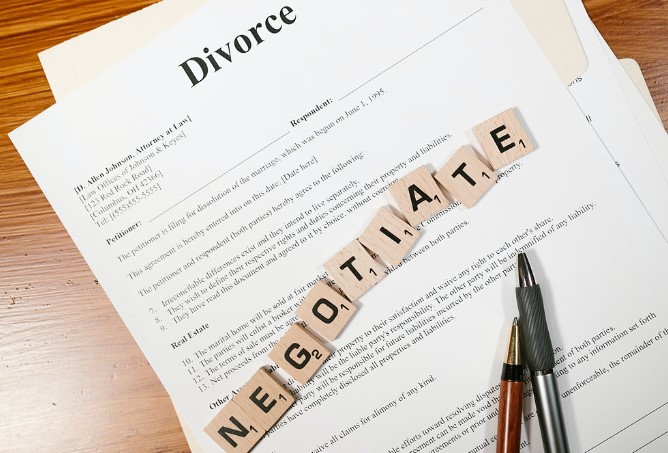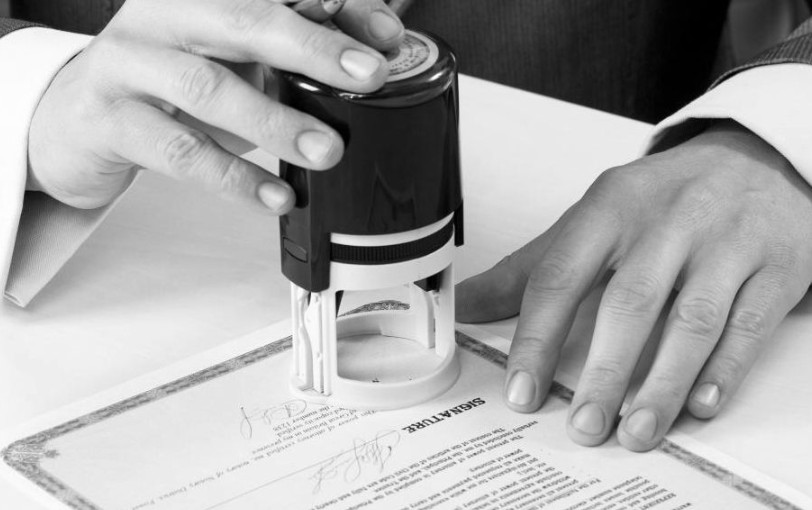
Whether you’re hiring a divorce lawyer or going it alone, you will likely find that the cost of your case is much less expensive through mediation than in court.
Before attending a mediation session, get the facts straight in your head. Some people find it helpful to write down the details of their dispute, but you can also think about them.
It’s a Non-Judgement Process
In divorce mediation, the parties will discuss potential avenues of resolution for their case. The mediator will meet with each party in separate rooms and work towards a solution that both parties can agree on. It is a confidential process that will not be revealed to the other side.
A lot of the time, when a dispute goes to court, it results in a “winner” and a “loser.” It can cause long-term resentment between the parties, especially if children are involved. It can be avoided by resolving your case through a non-judgmental alternative like mediation.
Mediation is required by Florida law before temporary relief can be granted and before a contested final hearing (trial) can take place. The judge can waive these mediation requirements but is typically hesitant to do so unless there are unusual or particular circumstances. A reasonable divorce attorney Tampa can make sure that you are fully prepared for your contested hearing or trial and that you have a comprehensive agreement to present to the judge.
It’s a Cost-Effective Option
When spouses opt for divorce mediation, they often save thousands of dollars compared to a trial. That is because divorce litigation involves court fees and attorney’s fees, which can add up quickly.
Going through the trial process can be time-consuming due to various factors that can cause delays in the case’s timeline. However, mediation sessions can be scheduled on time, and you’ll be able to get through the case much quicker.
As a result, it’s essential to prepare for your mediation session and ensure you’re open to compromise. If you’re not, mediation may not be the best option for your needs.
It’s a Better Way to Communicate
During mediation, spouses can open the lines of communication in a more civilized manner and discuss resolutions that both parties can agree on. It can be a much more peaceful alternative to litigation that may lead to further damage to a marriage or family, especially when children are involved.
This process also helps the spouses understand one another better and why the dispute occurred in the first place, which can help them remain friends after divorce and avoid long-term resentment. Unlike court proceedings, which are made public, the proceedings in mediation are private and confidential.
Mediation can end in three ways. The case might be resolved during the session, or a resolution might be reached as to some but not all issues, or the mediator can declare an impasse, and both parties must go to trial for the judge to decide on their final terms.
It’s a Better Way to Resolve Disputes
The goal of mediation is to find mutually beneficial solutions. It can be done much more quickly and efficiently than a court battle, as the process is less adversarial. The parties in a divorce case are more likely to be cooperative and open to finding solutions when seated around a table instead of facing each other in a courtroom.
Additionally, mediation allows the spouses to control the outcome of their dispute. Litigation is often a lengthy process. It can take months to get a trial date on the court’s calendar, and once it starts, it can take months for one side or another to complete discovery.
Using a divorce mediation attorney to work out key divorce issues, such as asset division, child custody timesharing, and alimony, the couple can keep those cases off the court’s docket, conserving judicial resources. It can save both spouses money in the long run.





